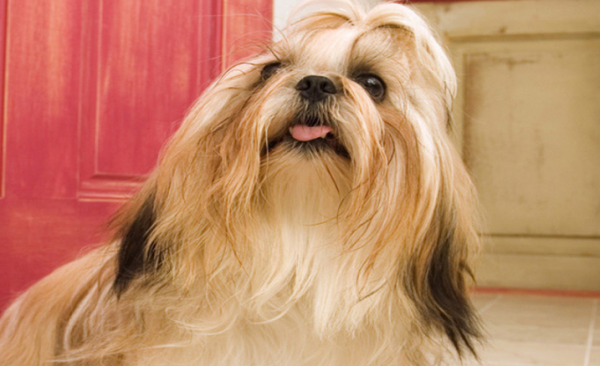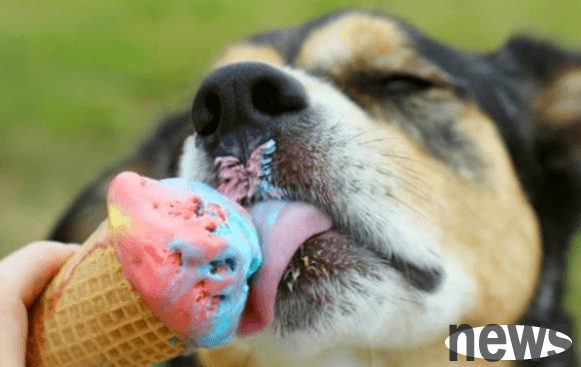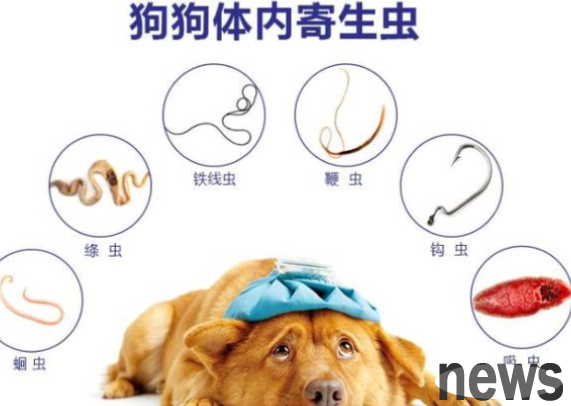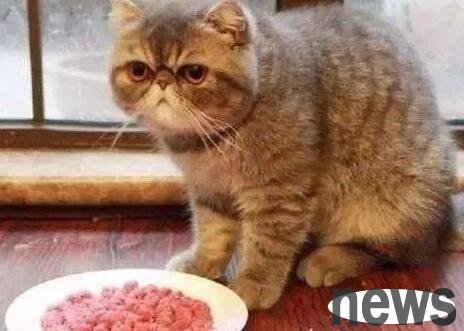You need to know when raising cats: taboo foods for cats!
Cats are very sensitive animals. There are many things to pay attention to when getting along with cats. So, how to get along with cats well? Remember these taboos: It is best not to give these foods to your cat, otherwise your cat may be in danger of life.

1. Milk
Because cats are mostly lactose intolerance, and the lactose content in milk is relatively high, cats are prone to diarrhea, vomiting, etc. after drinking milk. If you need to supplement your cat with nutrition, you can feed your pet's special goat milk powder, mix it and feed it directly or feed it in cat food. If it is a kitten, you should also pay attention to the amount of feeding. It is recommended to feed it in small amounts and multiple times.
2. Foods with high salt content
Because the salt in cat food has met the cat's salt needs, the owner usually does not need to add extra salt to the cat. If a cat consumes a lot of salt for a long time, it will affect the smoothness of the coat, which can easily cause large-scale hair loss and dry hair, and will also damage the cat's stomach and kidney function. Therefore, the owner must pay attention to a light diet, and do not give the cat food to eat, and use cat food as the staple food.
3. Grapes and grape products
Because grapes contain some toxic substances, they will accumulate in the cat's body. After reaching a certain amount, they will cause tissues and organs to fail, and in severe cases, they will cause cats to die. At the same time, grapes contain a lot of sugar, which will also increase the burden on the liver and kidneys. Therefore, owners must be careful not to let their cats eat grapes, raisins and foods containing grape ingredients.
4. Chocolate and cocoa products
Because chocolate contains cocoa alkali, caffeine and other ingredients, it can easily lead to nerve convulsions in cats, cardiovascular diseases, etc., which will seriously lead to cats' death. Therefore, you must not feed your cats chocolate, nor should you feed them foods containing cocoamin.

5. Bones
Because cats do not grind food like humans and then swallow it, their teeth only serve to cut food. If the bones swallowed are too sharp and too large, it may cause the risk of slashing the mouth, intestines or causing obstruction of the esophagus, pylorus, and digestive tract. Therefore, in order to avoid bones scratching the digestive tract, it is necessary to avoid giving cats bones as much as possible.
6. Onions
Onions contain n-propyl disulfide, which can destroy cats' red blood cells and cause hemolytic anemia, causing cats to experience symptoms such as vomiting, hematuria, diarrhea, and depression. Therefore, foods such as scallions, shallots, onions, leeks, etc. cannot be given to cats.




